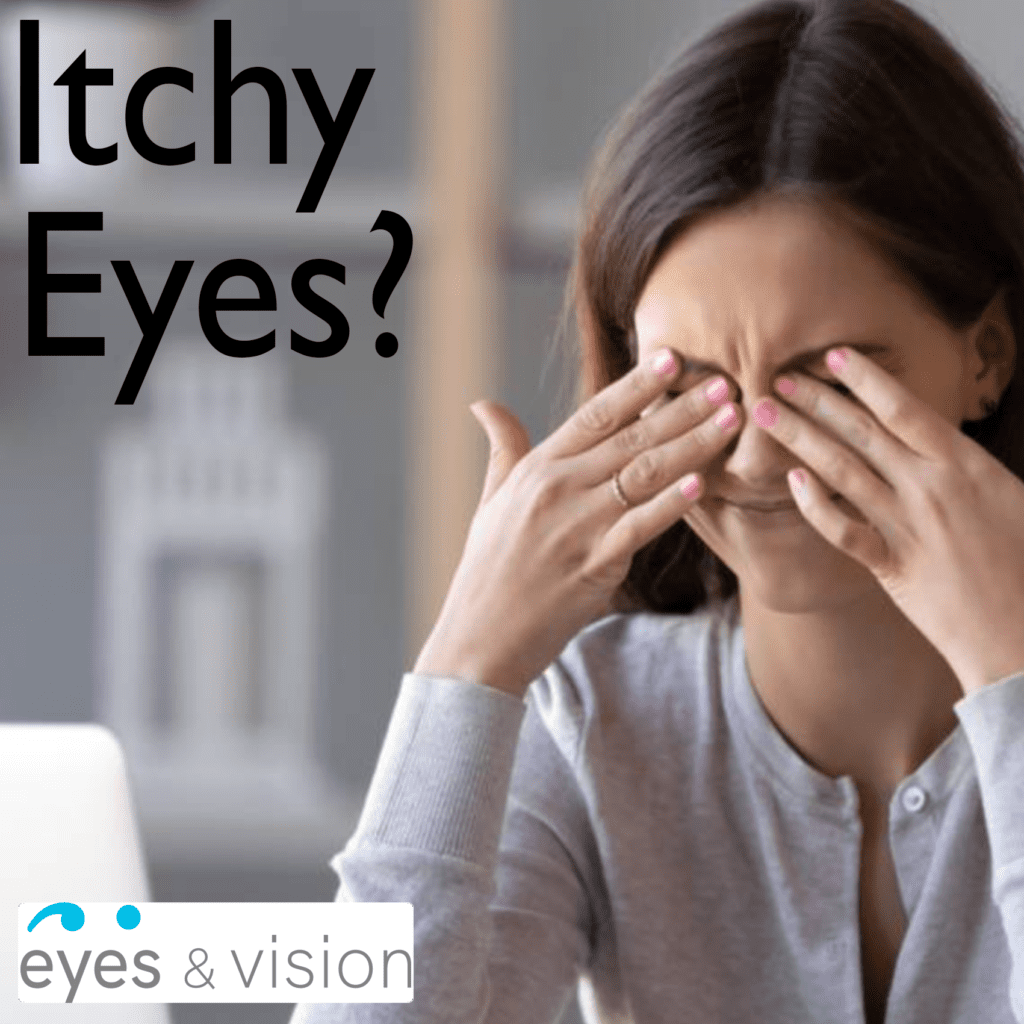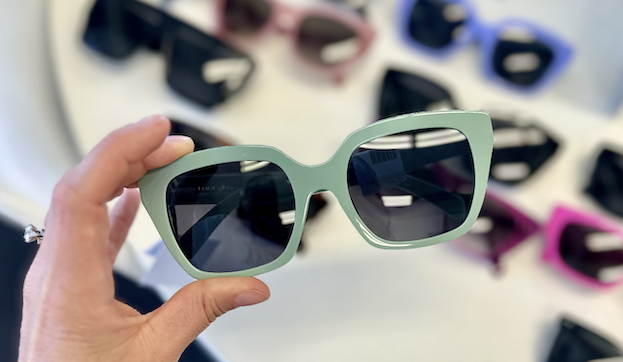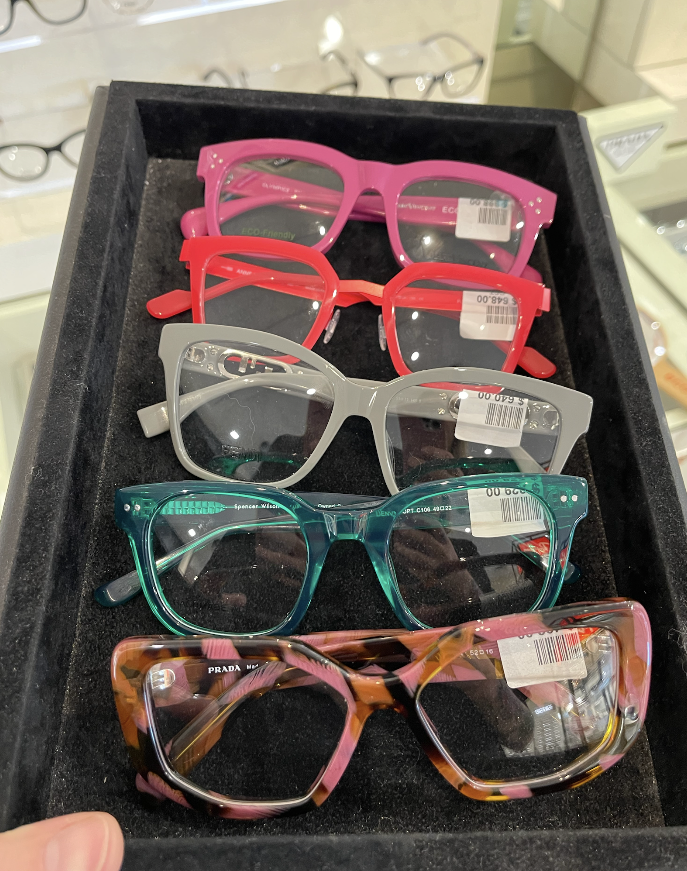Are you experiencing itchy eyes, an irritated throat, sneezing, a blocked or runny nose?
Many of us welcome Spring, while others dread it. That’s because they know they’re in for months of hayfever.
Eye allergies – red, itchy, watery eyes that are irritated by the same allergens that cause sneezing and a runny nose – are very common.
One in every three Australians suffers from allergy related itchy and watery eyes during spring and summer. This is due to the allergic reaction of the eye’s surface to increased environmental allergens such as pollen (from grass, trees and weeds).
If you think you have eye allergies, here are a few things you should know – including tips on how to get relief from your red, itchy watery eyes.
What causes eye allergies?
Allergens are normally harmless substances that cause problems for people who are predisposed to allergic reactions. The most common airborne allergens that causes eye allergies are pollen, mould, dust and pet dander.
Eye allergies can also be caused by reactions to certain cosmetics or eye drops, including lubricants used for treating dry eye that contain preservatives.
Food allergies and allergic reactions to bee stings or other insect bites do not usually affect eyes as severely as airborne allergens.
To get relief from your eye allergies and itchy, watery eyes ……
Your first stop is a trip to your optometrist, who can discuss the following treatment options with you:
- Avoidance therapy: The best approach is to do everything you can to limit your exposure to common allergens that you know you are sensitive to. On days when the pollen count is high, stay indoors as much as possible with the air conditioner or an air filter running. When outdoors during allergy months wear sunglasses to help shield your eyes from pollen, and drive with your windows closed.
- Antihistamine eye drops: Allergic reactions are caused by the release of histamine within the mucus membranes of the eye and nose. Histamine acts on the blood vessels of the eye leading to redness, and on the nerves of the eye causing itchy and watery eyes. Antihistamines block the action of histamine resulting in an almost immediate relief of allergy symptoms. Your Optometrist will recommend the best product for you.
- Lubricating artificial tear drops can be useful for flushing out any allergens building up on the surface of the eye
- Anti-inflammatory eye drops can help relieve your symptoms
- Remove your contacts: The surface of contact lenses can attract and accumulate airborne allergens, so consider wearing glasses instead of contacts during allergy season. Or use 1 Day disposable lenses that you discard after a single use to avoid build-up of allergens and other debris on your lenses.
- Oral antihistamines in tablets or capsule forms
- Mast cell stabilisers: These medications cause changes in histamine containing cells located throughout the body, including in the conjunctiva of the eye and eyelids, preventing them from releasing histamine and related mediators of allergic reactions. It may take several weeks for the full effects of mast cell stabilisers to take effect. These medications are best used before allergy season starts as a method to prevent or reduce the severity of future allergic reactions, rather than to treat acute allergic symptoms that already exist.
- During an eye allergy attack: Don’t rub your eyes – it makes them puffier and spreads the allergen which increases the problem. Putting water in your eyes can also spread the allergens around the eye. Use a cold pack to relieve symptoms.
Your Optometrist will recommend the best treatment for you.
Many Australians choose to live with mild eye allergy symptoms as the symptoms are not debilitating. However, it is important to see your optometrist to get these eye allergy symptoms treated because these mild allergic reactions will eventually lead to inflammatory changes of the surface of the eye. This will subsequently lead to severe damage of the eye which will cause symptoms of dryness and itchiness.
Eyes & Vision Optometrists are experts in vision care who diagnose, manage and treat a wide range of vision problems, eye diseases and ocular conditions. By prescribing spectacles, contact lenses, vision aids and other treatments, optometrists help their patients see better and retain good vision for life.




















